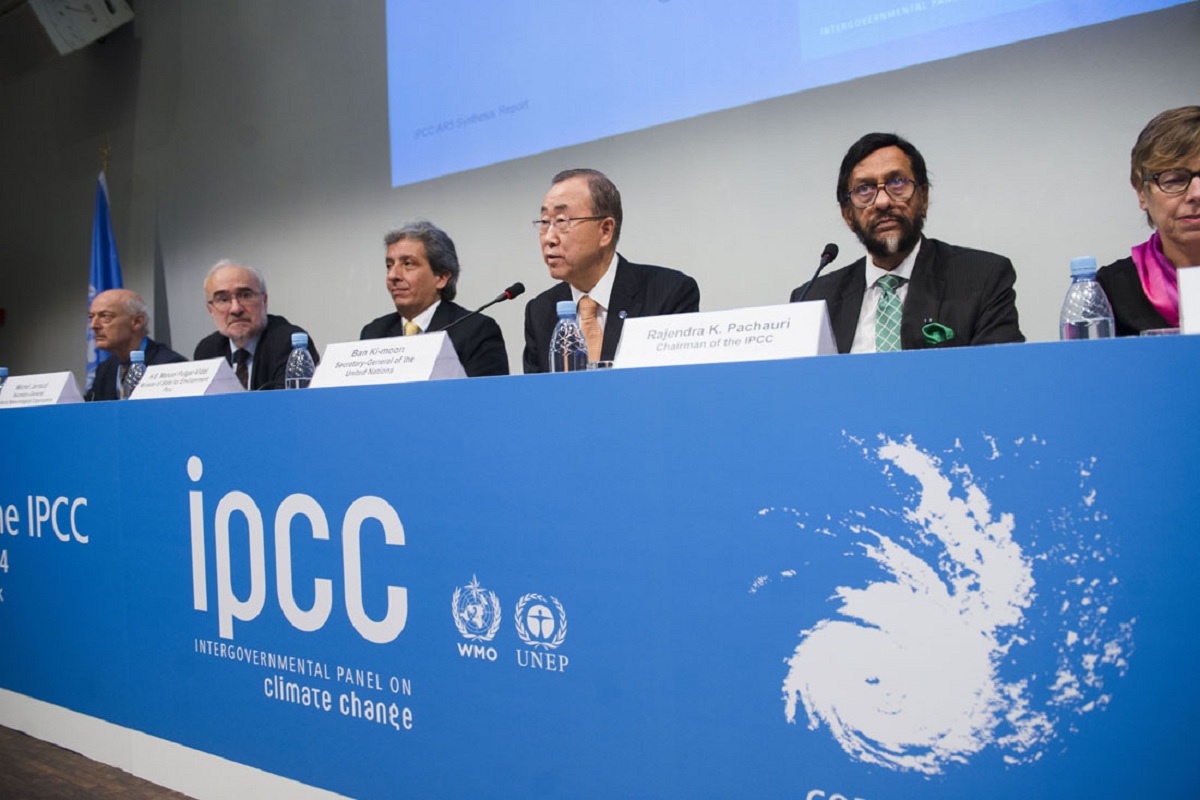The report crafted by scientists of the Intergovernmental Panel on Climate Change (IPCC) could scarcely have been advanced at a more appropriate juncture, most particularly when Athens and several swathes of Greece are burning on anccount of an excessive heatwave.
For the world at large, the report has sounded the alarm bell, verily what it calls the “code red for humanity”. The watershed document is explicit on the point that global warming is dangerously close to spiralling out of control. It has been couched with a dire warning to the world that it is already certain to face further climate disruptions for decades, if not centuries, to come.
Advertisement
The report is more substantive and pragmatic than the successive conferences on climate-change, as in Copenhagen and Paris. The forthcoming jaw-jaw at the high table in Glasgow is rather unlikely to achieve any headway, if the narrative is any indication.
Humans are “unequivocally” to blame, the report said. Rapid action to cut greenhouse gas emissions could limit certain impacts, but “others are now locked in”. The deadly heat waves, “gargantuan hurricanes” and other weather extremes that are already happening will only become more severe. This must be cause for alarm the world over.
Monday alone saw 500,000 acres of forest burning in California, while in Venice tourists waded through ankle-deep water in St. Mark’s Square. Remarkably has the UN Secretary-General, António Guterres, described the report as a “code red for humanity”. It is time for the comity of nations to sit up and take notice of the gradual decline of the Earth.
In the context of the report, Greta Thunberg, the teenage climate activist, has called on the public and media to put “massive” pressure on governments to act. In three months, the UN COP26 climate conference in Glasgow will try to secure far more ambitious climate action out of the nations of the world, and the money to go with it.
Drawing on more than 14,000 scientific studies, the IPCC report gives the most comprehensive and detailed picture yet of how climate change is altering the natural world… and what could still be ahead. Unless immediate, rapid and large-scale action is taken to reduce emissions, the report says, the average global temperature is likely to reach or cross the 1.5-degree Celsius warming threshold within 20 years.
The pledges to cut emissions made so far are nowhere near enough to start reducing the level of greenhouse gases ~ mostly carbon dioxide (CO2) from burning fossil fuels ~ accumulated in the atmosphere. The series of conferences over the past few years have achieved little or nothing. This must be yet another subtext of the IPCC report.
British Prime Minister Boris Johnson hoped the report would be “a wake-up call for the world to take action now, before we meet in Glasgow”. President Biden tweeted: “We can’t wait to tackle the climate crisis. The signs are unmistakable. The science is undeniable. And the cost of inaction keeps mounting.” The time for the world to act is now.
